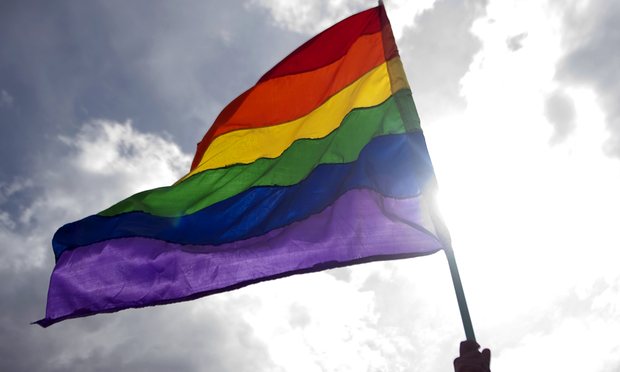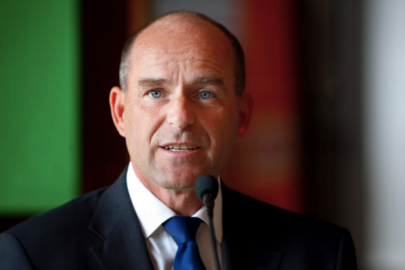In a new bill that was passed unanimously, Malta has become the first European country to ban gay conversion therapy, and any medical professional found guilty of prescribing it will be slapped with a hefty fine or sent to prison.
According to the new law, it is a criminal offense to try to “change, repress or eliminate a person’s sexual orientation, gender identity and/or gender expression,” and the politicians who voted through the Affirmation of Sexual Orientation, Gender Identity and Gender Expression Bill consider gay cure therapy as “deceptive and harmful.”
A joint statement issued by the Malta Chamber of Psychologists, the Maltese Association of Psychiatry, the Malta Association of Family Therapy and Systemic Practice, and the Malta Association for the Counseling Profession stated: “[We] openly disapprove of practices are which are harmful to people in our community. Not only does [gay conversion therapy] reject a group of individuals on the basis of unfound prejudice and lack of tolerance for diversity, but also because it impinges on the international recognition of LGBTIQ rights. “As a body we promote respect and equality for all persons, and are determined to continue working towards ensuring our clients can enjoy as safe a therapeutic experience as they deserve.”
Though the practice of gay conversion therapy has come under harsh scrutiny in recent years, it is still more popular in the U.S. than in Europe where the law only prohibits gay therapy for minors in some states.
The World Psychiatric Association has denounced the practice as unethical, unscientific and harmful to those who undergo it.
Though the new law applies to everyone, doctors who violate it risk fines of up to 10,000 Euros or a year in prison, according to Malta Today.
In 2015, Malta was named the best European country for LGBT rights by advocacy group ILGA-Europe.
Source: Independent





































